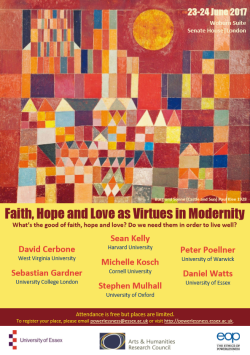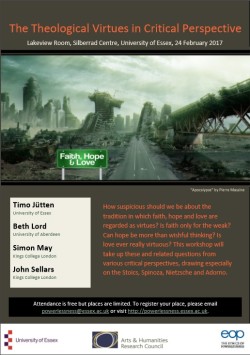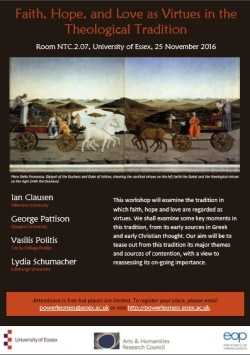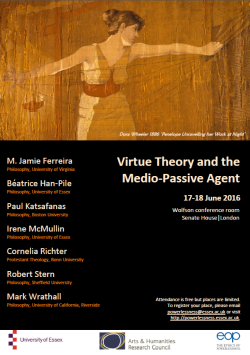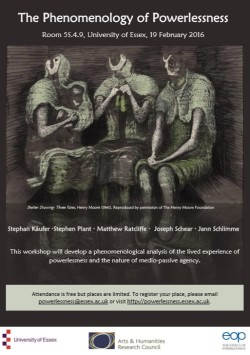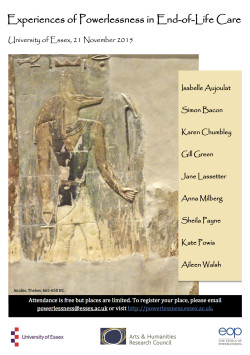Our 2017 end of year conference, ‘Faith, Hope and Love as Virtues in Modernity’ took place at Senate House, London on Friday and Saturday 23rd – 24th of June, 2017.
For Aquinas, faith, hope and love (caritas) form a distinct set of virtues: the theological virtues. Since Aquinas, the idea of the theological virtues has come under sustained attack: both from within Christian thought, not least from the early Reformers, and then as part of the general challenge on Christendom associated with the European Enlightenment and from thinkers such as Spinoza and Nietzsche. This conference explored how the theological virtues have fared in modernity, in the wake of these challenges.

